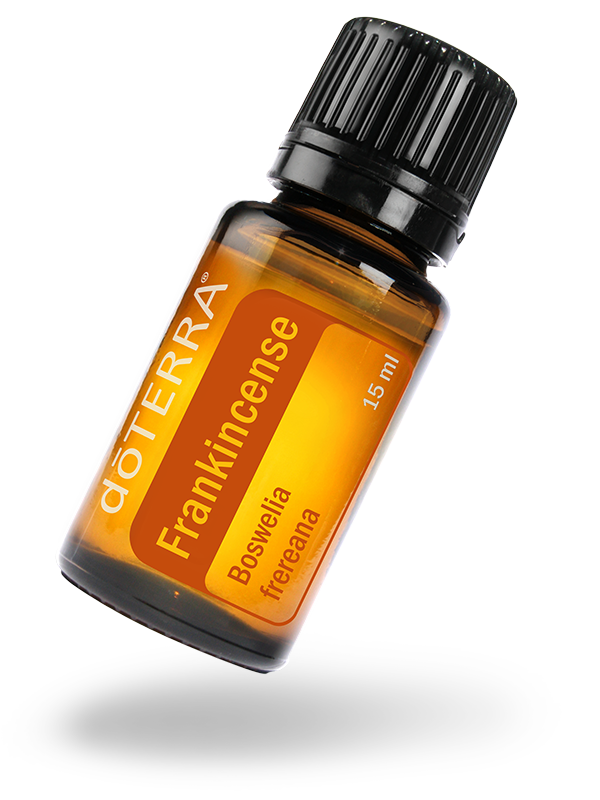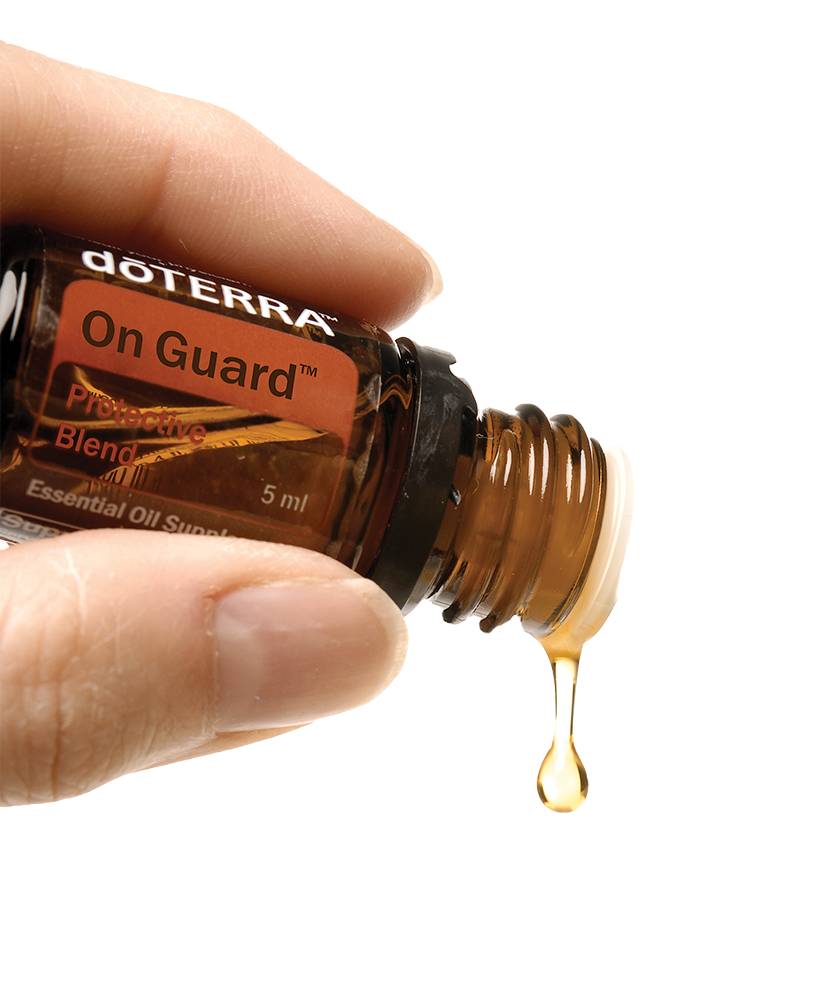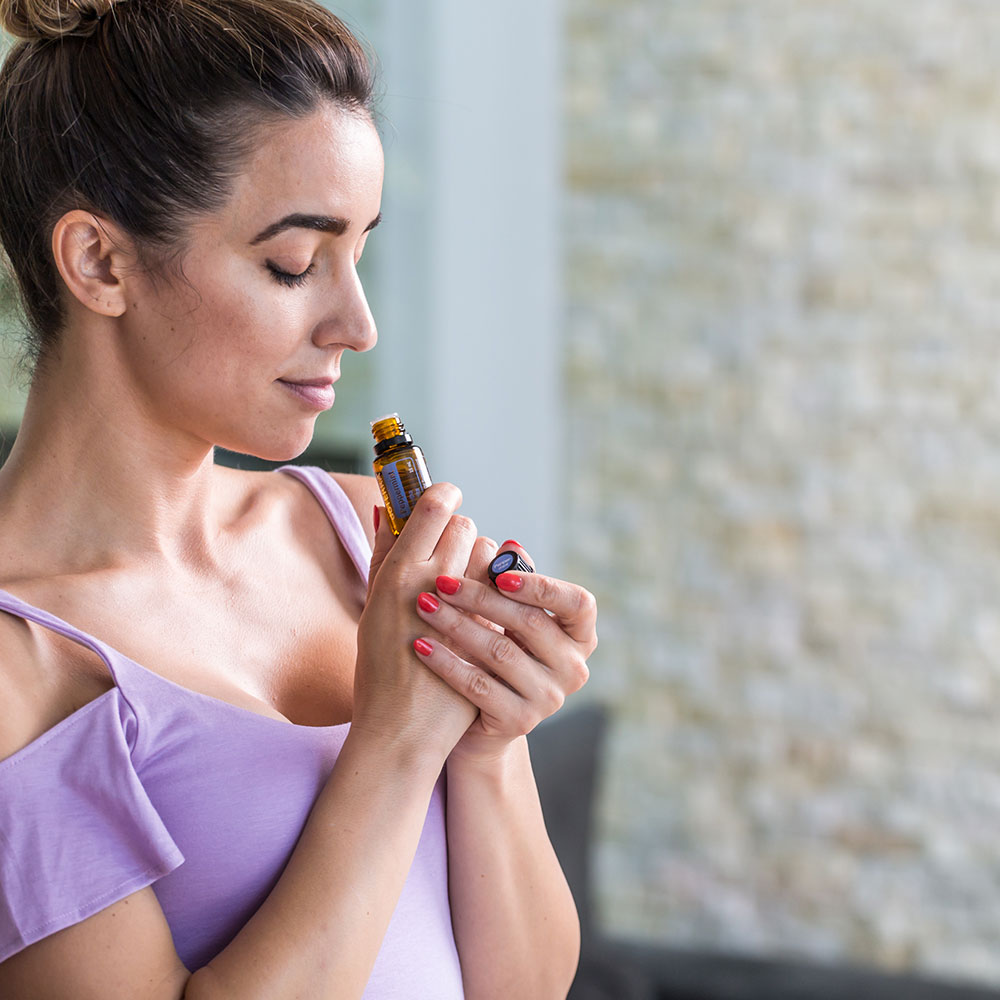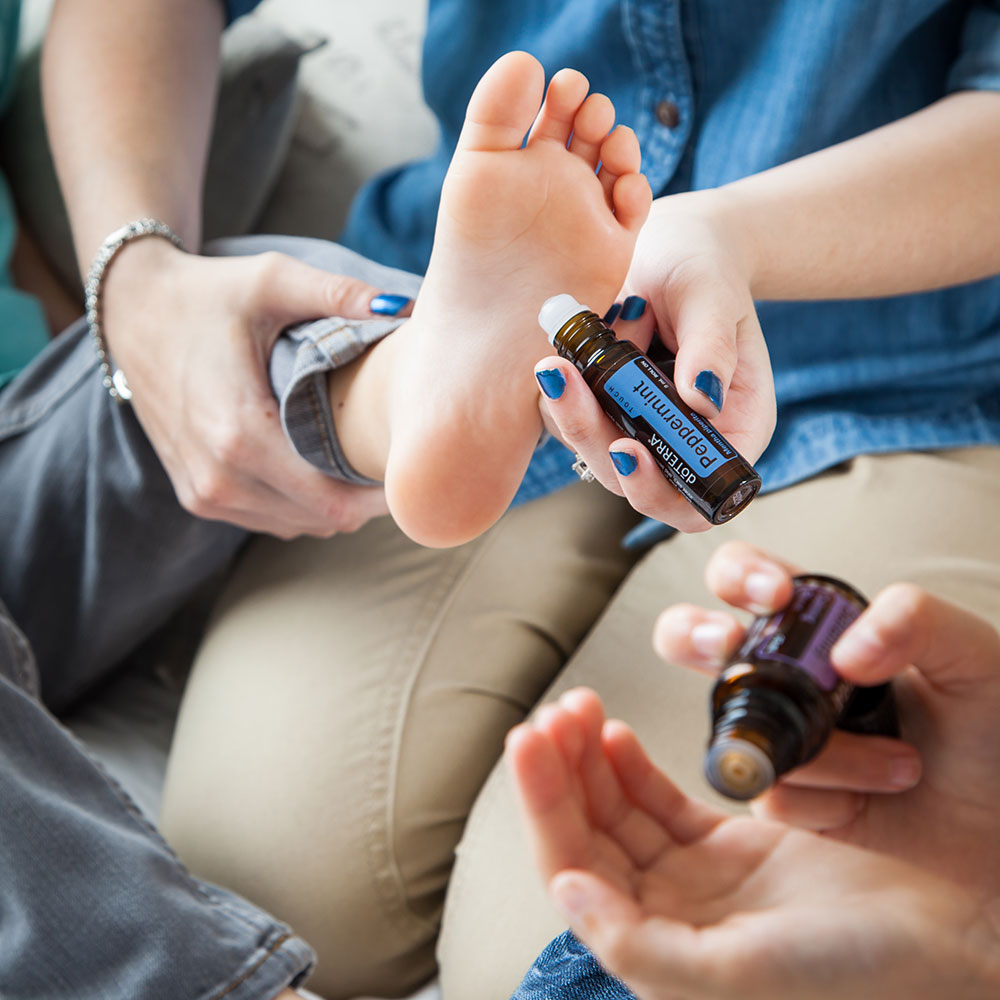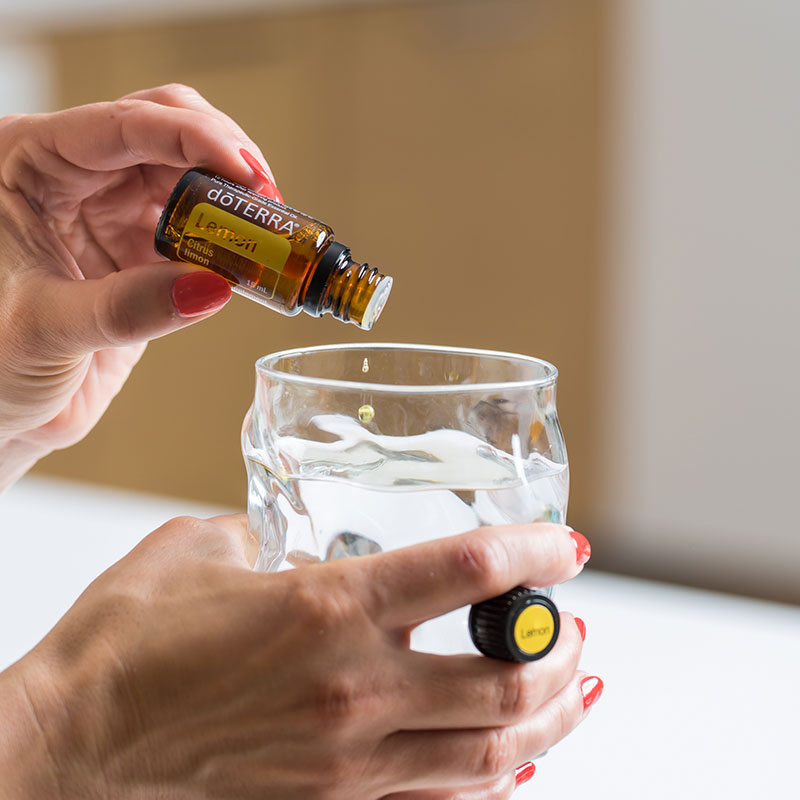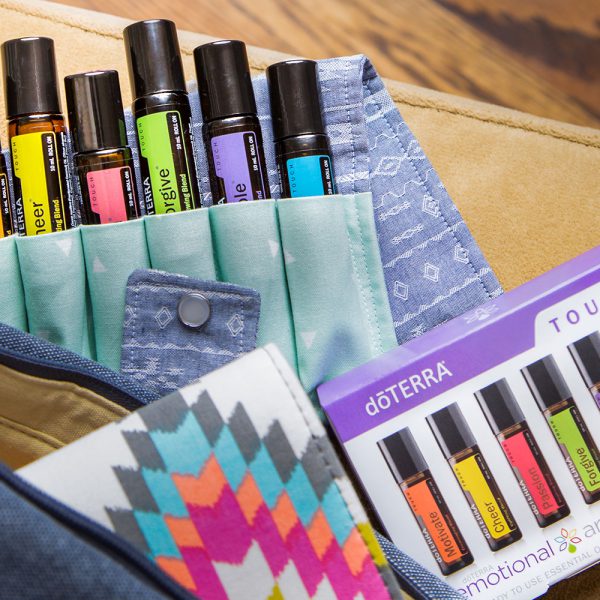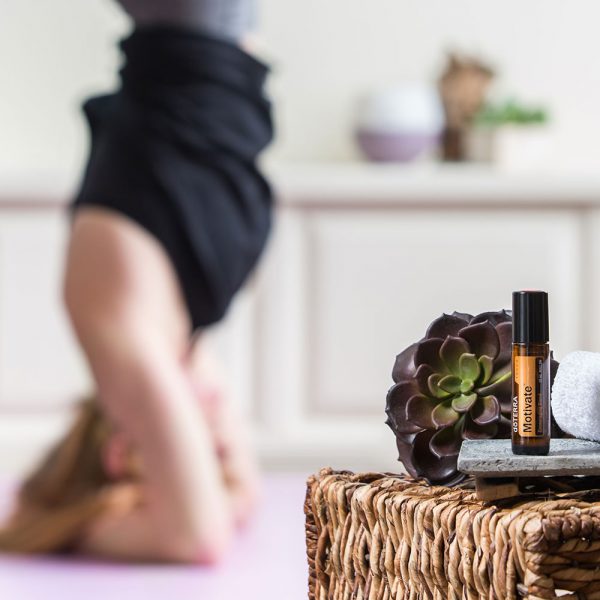essential oils can be used as dietary supplements for more targeted and potent health benefits. Internal use is a very safe and effective method of application because of the sophisticated physiologic processes of our bodies.
When ingested, essential oils directly enter the bloodstream via the gastrointestinal tract, where they are transported throughout the rest of the body. Essential oils are lipid soluble so they are readily transported to all organs of the body, including the brain. Then, like all things we consume, essential oils are metabolized by the liver and other organs and are then excreted.
The composition of essential oils is highly complex. Each constituent possesses a unique set of biochemical properties that react with cells and organs in different ways. Although these mechanisms of action are not completely understood, the positive end results have been demonstrated. However, the body is only equipped to handle appropriate doses of essential oils.
Proper dosing according to labeling recommendations and other professional guidelines should be strictly followed to avoid toxicity.
METHODS OF INTERNAL APPLICATION:
• Use oils in recipes for cooking or baking to replace fresh or dried herbs and spices
• Remember that essential oils are much more potent than dried or fresh herbs and spices, so start with a very small amount
• For more potent oils, it may be better to administer them by toothpicks (dip the end of a clean toothpick into the oil and then add to the food) rather than drops
• Add essential oils to water, smoothies, milk, tea, or other drinks
• Take essential oils internally in a veggie capsule or add to a small amount of applesauce or yogurt


